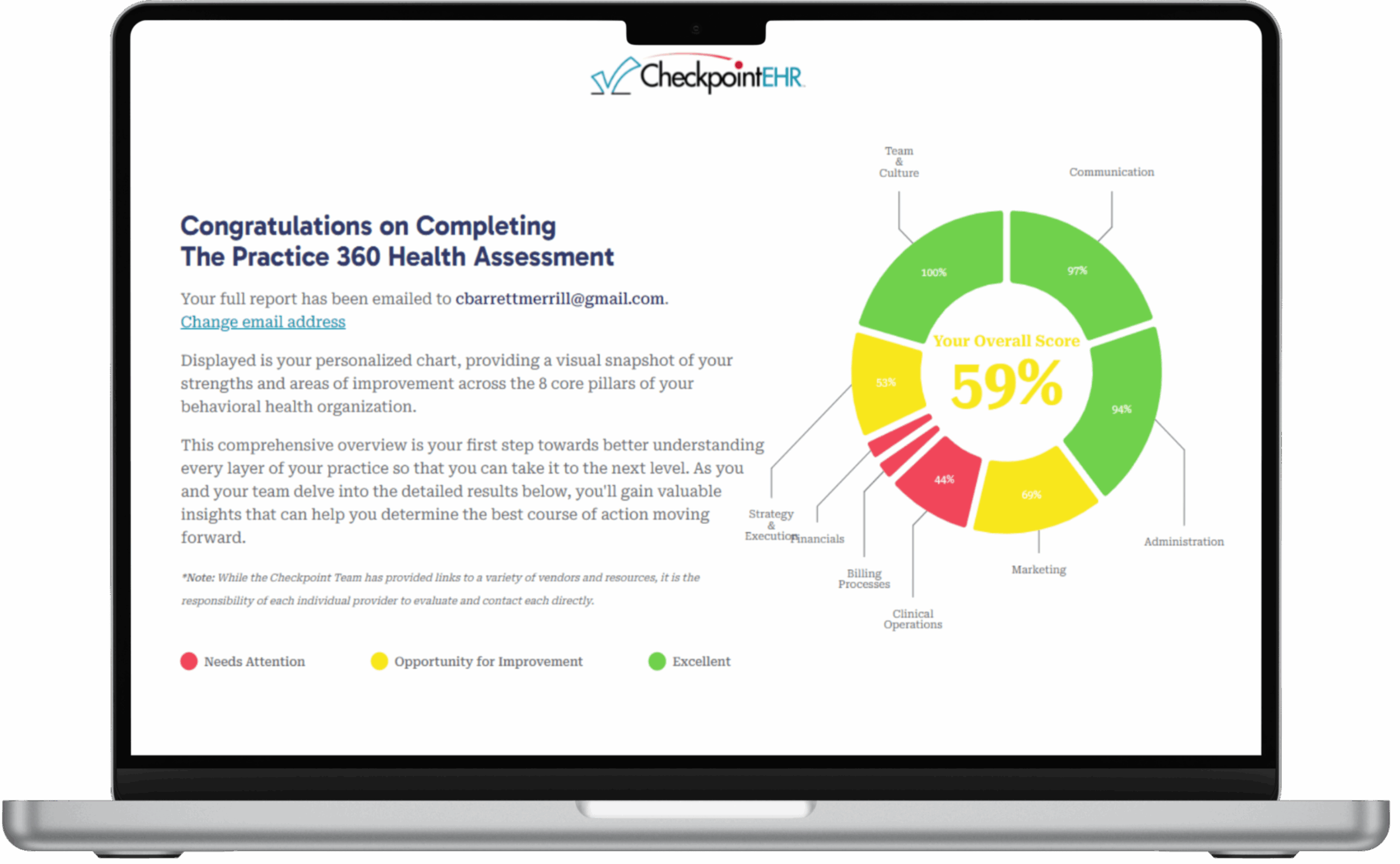September Is Suicide Prevention Month

Each year nearly 45,000 people in America die by suicide, and as one of the leading causes of death in the country, it’s a topic that deserves more discussion. At Checkpoint EHR, we are bringing awareness that September is suicide prevention month. That’s why in today’s post, we’re sharing a few things that we believe people should know. Ultimately, the takeaway is that being aware of common warning signs and talking to people can make a difference. Learn more below.

Why Do People Start Thinking About Suicide?
Everyone is different — and that means there are always unique reasons that cause a person to start thinking about suicide. Some of the most common reasons people mention include symptoms of mental illness, financial troubles, and relationship problems, but the truth is that there are a variety of different reasons people start thinking about suicide.
Whatever the case may be, the most important thing to remember is that anyone can start thinking about suicide — and that’s why it’s important to be aware of some of the most common warning signs of suicide.

Common Warning Signs to Be Aware Of
- Changes in appearance
- Withdrawing from friends or family
- Prior attempts at suicide
- Frequent high-risk behavior
- Talk of giving away possessions
- Drug or alcohol use
- Discussing feelings of hopelessness
- Verbally threatening suicide

The Importance of Talking to Someone
It’s important to know that talking can be a big cause of suicide prevention. Many people find the idea intimidating, but the truth is that talking to a person when they may be in need can make all the difference in the world. Sometimes the best thing to do is be direct and simply ask — “are you having thoughts of suicide?” This opens the door to a discussion, and an important thing to keep in mind is that you don’t have to have these discussions alone.

What You Can Do to Help
As we mentioned above, simply being there, asking questions, and being encouraging can help. If you’re not sure how to help directly, you can help by sharing free resources for suicide prevention including the National Suicide Prevention Lifeline, Crisis Text Line, your local mental health warmline, or Teen Line, a teen-to-teen hotline.
Suicide prevention is a topic near and dear to us, and although it can be intimidating to know that you’re the one who may need to help a loved one in their time of difficulty, the truth is that simply being available can make a big difference for a person in need. We hope that this information has been helpful, and if you are considering suicide, please reach out to a friend or use one of the links above to get help.

